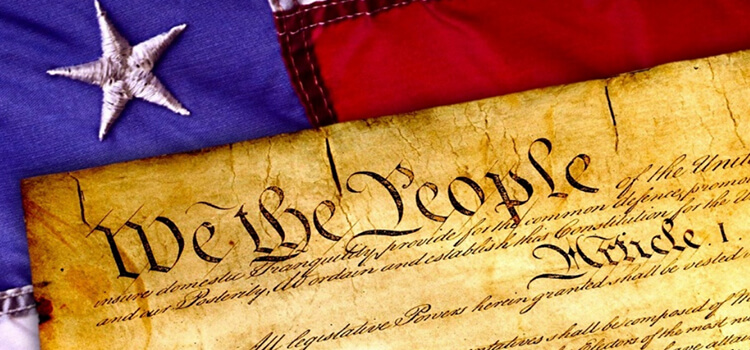On Independence Day, Americans celebrate the birth of their nation as planned by the men who became known as our Founding Fathers. Their most meaningful public legacy was establishing the modern world’s first democracy through the Declaration of Independence and, later, with the U.S. Constitution. And just as they made sure to provide “for the future posterity” of the American people, they also set up mechanisms to protect their families’ access to their personal fortunes.
Through their Last Will and Testament (“Wills”), at least three of the Founding Fathers made sure their widows and heirs would be well provided for, using strategies that still prove to be effective today.
George Washington
The Father of Our Country, who died in 1799, wrote his Will to provide generously for his widow, Martha Washington. He set up his business interests so Martha would receive profits until her death, an arrangement that resembles today’s Qualified Terminable Interest Property (“QTIP”) Trust. The QTIP Trust is a popular trust for second marriages (although Martha was George’s only wife). That is because the trustee can leave assets to beneficiaries such as children of the first marriage – if the surviving spouse is guaranteed income for life.
Thomas Jefferson
Our second president died in 1826, on the 50th anniversary of the day the Declaration of Independence was signed. He used his Will to protect his daughter, Martha Randolph, from “the insolvent state of affairs” of her husband, Thomas Mann Randolph. In a Codicil to the Will, (an amendment created after the signing of the original Will) Jefferson explained that if he left any money to Randolph, it would probably be taken by creditors “to the destitution of my daughter and her family.” He wrote that property given exclusively to her through another party would “be a certain resource against want for all.” Jefferson’s Will also ordered that his slaves be freed and given financial help to live independently.
Benjamin Franklin
Upon his death in 1790, Franklin’s Will was generous to his surviving family members. But he also took the opportunity to continue a legacy of social action that began with the United States’ founding. Franklin left money to benefit the free grammar schools in Boston, in appreciation for the education he had received there; decreed that an amount be set aside “to be employed for making the river Schuylkill navigable” (part of a water-management plan he described in the Will for Philadelphia); and left money for loans to help former trade apprentices set up in business.
What kind of legacy will you leave for the generations that come after you? To start preparing a Will that will shape your memory, contact OC Estate & Elder Law at (954)251-0332 or info@ocestatelawyers.com for a free phone consultation. Our attorneys are fluent in English, Spanish, and Russian.
















